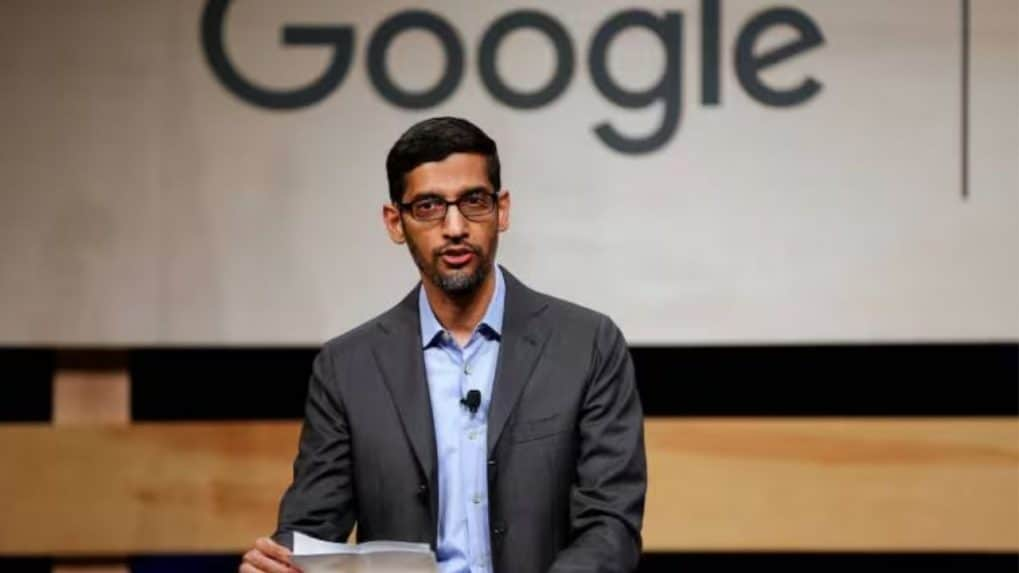Sundar Pichai pushes back on AI job redundancy fears, predicts growth
While acknowledging the legitimacy of job displacement fears, Sundar Pichai expressed optimism about AI's progress. However, he admitted that reaching artificial general intelligence (AGI) is not a guaranteed "absolute path," suggesting potential "temporary plateaus" in technological advancement.
ADVERTISEMENT
Sundar Pichai, Alphabet's CEO, recently addressed concerns about AI rendering half of the company's 180,000-strong workforce redundant. He emphasized Alphabet's commitment to growth through at least next year, stating that AI acts as an "accelerator" by boosting engineers' productivity and fostering new product development, thereby creating demand for more employees, as per Bloomberg.
Despite recent targeted layoffs in 2025 within Google's cloud division (less than 100 people) and the platforms and devices unit (hundreds), these cuts are far less severe than the 12,000 layoffs in 2023 and over 1,000 in 2024.
Pichai highlighted growth opportunities in Waymo autonomous vehicles, quantum computing, and YouTube, citing YouTube's significant scale in India. While acknowledging the legitimacy of job displacement fears, he expressed optimism about AI's progress. However, he admitted that reaching artificial general intelligence (AGI) is not a guaranteed "absolute path," suggesting potential "temporary plateaus" in technological advancement.
Less than halfway into 2025, the tech industry is seeing a painful déjà vu - repeated rounds of job cuts that have already impacted over 50,000 workers, according to a research by independent tracker Layoffs.fyi.
By comparison, 2024 witnessed approximately 1,50,000 tech job losses across more than 500 firms. But 2025 may be on track to eclipse that number, as major players like Microsoft, Amazon, and Google continue to trim their workforce - citing operational realignment and a sharpened focus on AI.
Artificial intelligence is at the heart of this wave. On one side, companies are adopting AI to boost efficiency or pivot to AI-first business models. On the other, the soaring costs of building AI infrastructure are pushing firms to downsize to free up capital, as per media reports.
However, the bet on AI is revealing cracks. Swedish fintech Klarna, an early adopter of AI for customer service, is reportedly returning to human agents after AI-driven interactions results in lower quality service, per a Bloomberg report.
An IBM survey of 2,000 global CEOs echoed this caution: only 25% of AI initiatives have delivered the expected returns, and just 16% have scaled across enterprises.
Read More:AI surge, human cost: Thousands of jobs lost in 2025 as layoffs accelerate


